The opposition is livid that the government is getting major laws passed under the garb of Money Bills without subjecting to Parliamentary Committee scrutiny.
Constitutional norms redefined : Bills passing without due scrutiny
[ ##thumbs-o-up## Share Testimonial here - make our day!] [ ##certificate## Volunteer for Bodhi Booster portal]
- Indian and British constitutions : Indian Constitution has borrowed many systems from the British Constitution, such as parliamentary government, rule of law, legislative procedures, single citizenship, cabinet system, parliamentary privileges and bicameralism.
- The Britishers ensure Committees check everything : When we talk about legislative procedures (which we have borrowed from Britain), we need to know that the British parliament has a system where every Bill goes through the committee stage in each House. This may take more time to pass a Bill, but it ensures that there is adequate deliberation by the parliamentarians. That is the basic job of the Parliament!
- Rajya Sabha forcing a change in strategy : As the present government does not have a majority in the Upper House of the Parliament (Rajya Sabha), it frequently adopts the strategy of converting bills into money bills. The Budget session 2017 of the Parliament was quite eventful. The Lok Sabha clocked in 108% of the originally scheduled hours, while the Rajya Sabha did 86%. Critics alleged that many amendments were passed without due consideration or deliberation.
- Deep Dive : Read tonnes of material on Constitutional issues and Laws - here!
- Standing Committees in Indian Parliament : There are various standing committees in the Indian Parliament like the Business Advisory Committee, the Committee on Petitions, the Committee of Privileges and the Rules Committee, etc, which transact a good deal of business.
- Fewer and fewer : Of late, it has been the practice of the government to get bills passed by the parliament without referring them to committees for scrutiny. In the last three years, only 29% of the Bills have been referred to parliamentary committees. Even during the Budget session 2016, 20 Bills were introduced and none of these have been referred to standing committees.
- Earlier Lok Sabhas acted differently : As against this, 60% Bills were examined by committees in the 14th Lok Sabha, and 71% were examined by standing committees in the 15th Lok Sabha. The important contribution of committees is evident in the progress of the Bills referred to them.
- Recent issues : The Mental Healthcare Bill passed in Budget session 2017, and the Motor Vehicle (Amendment) Bill also passed, incorporated most of the changes recommended by the committees. Of the three Bills passed by the parliament, viz. the Specified Bank Notes (Cessation of Liabilities) Bill, The Taxation Laws (Amendment) Bill and the Enemy Property Bill, only the Enemy Property Bill was referred to the select committee of the Rajya Sabha, and a note of dissent signed by six of the 23 members pointed out constitutional issues. The other two were passed without referring them to committees.
- Scrutiny, Crossbenchers : The important lesson is the importance of detailed scrutiny by Parliament. Many experts suggest it is time we move to a system like that of the British Parliament where every Bill goes through the committee stage in each house. It is similar to suggestions regarding “Crossbenchers” where experts with no political loyalty can be used.
- Do check out exams-focussed Confidence Booster series of learning resources, here! For developing your word power, go to our Vocabulary Boosters here
- Download Resources : Also, download many PDFs on laws, constitution and more, from our Bodhi Resources page here
Given below is study and reference materials, taken from the Parliamentary website
Amazing Courses - Online and Classroom
Useful resources for you
[Newsletter ##newspaper-o##] [Bodhi Shiksha channel ##play-circle-o##] [FB ##facebook##] [हिंदी बोधि ##leaf##] [Sameeksha live ##graduation-cap##] [Shrutis ##fa-headphones##] [Quizzes ##question-circle##] [Bodhi Revision ##book##]










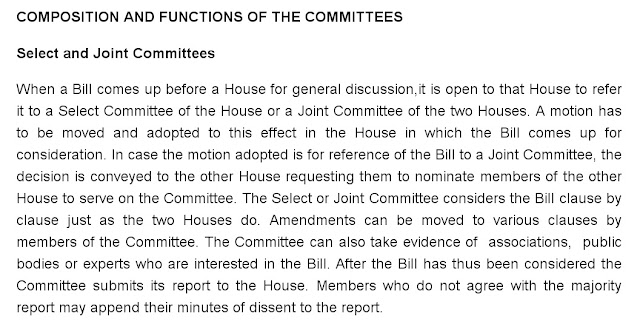
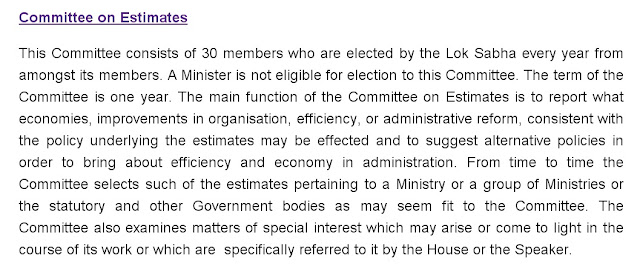
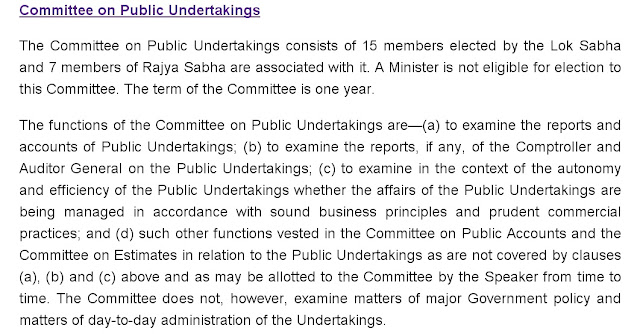

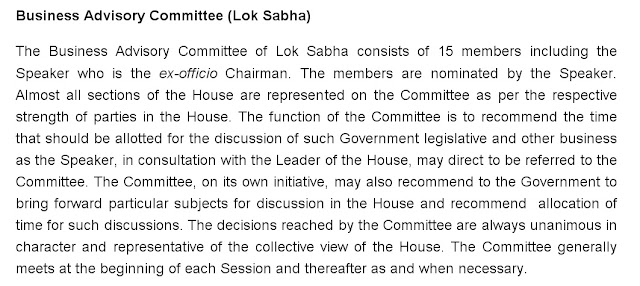
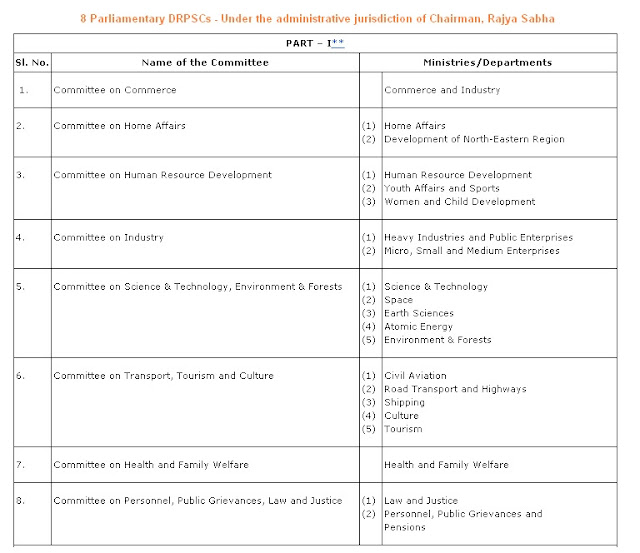



















COMMENTS